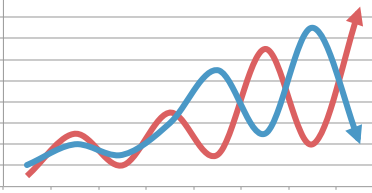
IRIS login | Reed College home Volume 96, No. 2: June 2017
Tags
"rankings"
What is Reed’s “Return on Investment?”

Ken Koe ’45 won a full scholarship at Reed and pursued a stellar career in biochemistry, culminating in the discovery of sertraline--better known as Zoloft.
He was a quiet, scrawny kid from the wrong side of the tracks. Grew up during the Depression. Bounced around the Pacific Northwest while his parents hunted for work before settling in Portland. Washed shirts in the family’s Chinatown laundry.
Money was tight; he sometimes went hungry. Walking to Lincoln High School, past the knots of hollow-eyed men who thronged the streets of downtown Portland, Ken Koe ’45 knew that for a guy like him, college was not a luxury. It was an escape hatch.
The night before his high school graduation, he heard the sound of the escape hatch opening—Reed College had granted him a full scholarship.
So in the fall of 1942, he became a day-dodger at Reed, embarking, as he would later say, on an “exhilarating intellectual journey.” He read Homer in Literature 11 and took freshman chemistry from Prof. Arthur Scott [chemistry 1923-79]. After class, he hopped on the Eastmoreland trolley back to Chinatown, waiting tables and washing dishes at Hung Far Low. Somehow he managed to graduate in just three years, writing his thesis with Prof. Fred Ayres [chemistry 1940-70].
Continue reading What is Reed’s “Return on Investment?”
Reed and the Rankings Game
The Atlantic published a great article today about the hollowness of the college rankings compiled by US News and World Report. Written by retired Boston College professor John Tierney, the piece highlights the problems that plague the US News system—dubious data, arbitrary rules, and a one-size-fits-all approach, to name a few.
Of course, these were the same problems that persuaded Reed’s then-president Steve Koblik to pull out of the USN rankings back in 1995. It’s a shame to see that matters haven’t gotten much better.
Reed still doesn’t participate in USN, although the magazine insists on ranking us anyway. Which is too bad—as Tierney points out, the USN system remains surprisingly popular, despite an unrelenting stream of criticism through the decades. On the other hand, the last several years have witnessed the rise of more comprehensive alternatives. Perhaps one day they'll supplant the USN juggernaut. In the meantime, USN has released its latest report. Like Tierney, I’ll probably peek at the rankings, but—as they say in the ads for the Oregon lottery—for entertainment purposes only.
Continue reading Reed and the Rankings Game


